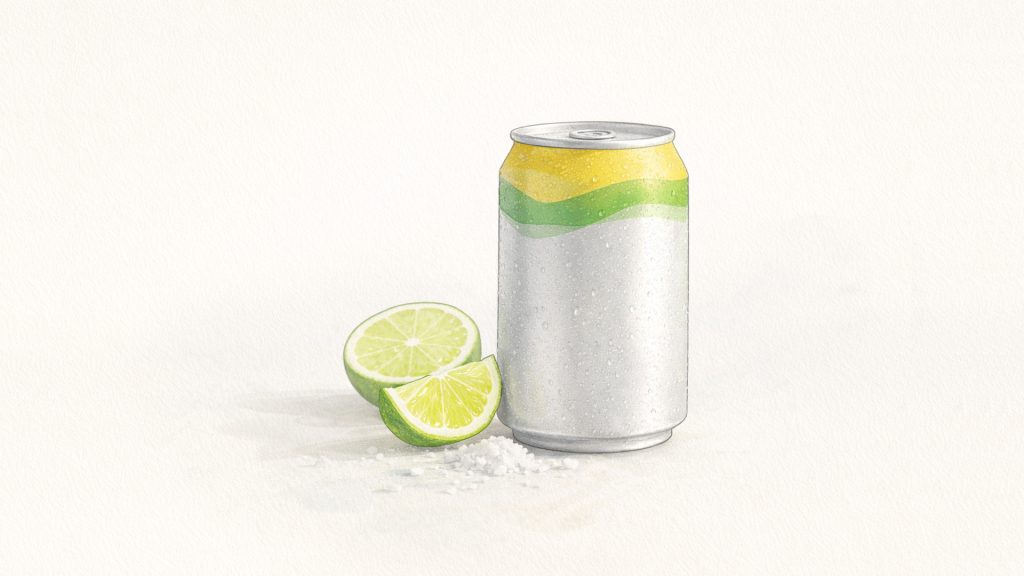On June 10, 2025, Treasury Wine Estates (TWE) launched a AUD15 million facility in South Australia’s Barossa Valley, dedicated to producing low and no-alcohol wines. This follows their AUD165 million luxury winemaking expansion in 2022, cementing Barossa as a global hub for wine innovation. Equipped with advanced dealcoholisation technology and a patent-pending process, the facility preserves wine’s aroma, flavor, and mouthfeel – addressing longstanding challenges in low-alcohol production that often compromise richness and body.
The move aligns with a surging market trend. According to IWSR, the no and low-alcohol wine sector is projected to grow at a 5% annual rate through 2028, driven by 50% of wine drinkers seeking to reduce alcohol consumption. Taste remains the primary hurdle, and TWE, a pioneer since introducing Seppelt’s low-alcohol range in 1993, is tackling this head-on. By bringing dealcoholisation in-house, they aim to deliver superior quality across brands like Squealing Pig, Pepperjack, Matua, 19 Crimes, Lindeman’s, and Wolf Blass. A new 8% ABV range, Sorbet, blends varietals like Prosecco and Shiraz with fruit notes like passionfruit and mango. Set for release in October 2025 with Endeavour Group, Sorbet caters to consumers craving refreshing, artisanal options.
Subscribe to our newsletter
Kerrin Petty, TWE’s Chief Supply and Sustainability Officer, described the facility as a milestone in blending innovation with sustainability. Group Winemaker Toby Barlow highlighted how the technology captures the essence of grape varietals, preserving the character of place and people. Sarah Parkes, General Manager of Sales and Marketing for TWE’s premium division, noted enthusiastic consumer feedback, underscoring the potential of these wines to reshape market perceptions.
This facility positions TWE as a leader in a competitive landscape where consumer preferences are shifting toward health-conscious choices. By solving the flavor puzzle, TWE not only strengthens its portfolio but also sets a new standard for the industry. Competitors will likely follow suit, spurred by the growing demand for high-quality, low-alcohol options. As younger generations prioritize wellness and moderation, TWE’s investment could redefine wine culture, blending tradition with innovation. The Barossa Valley, already a premier wine region, is now poised to drive the global conversation on sustainable, flavorful low-alcohol wines for years to come.


